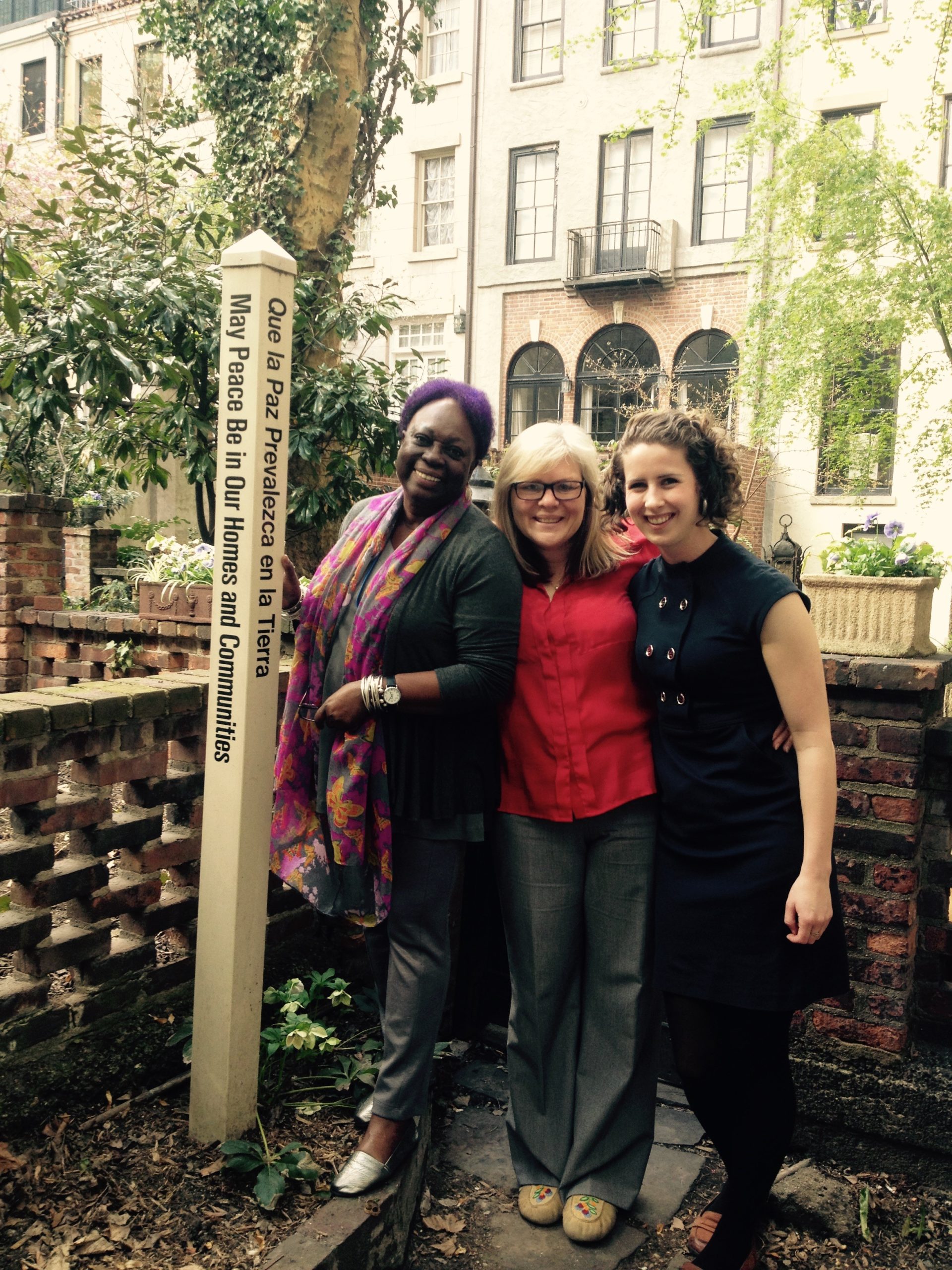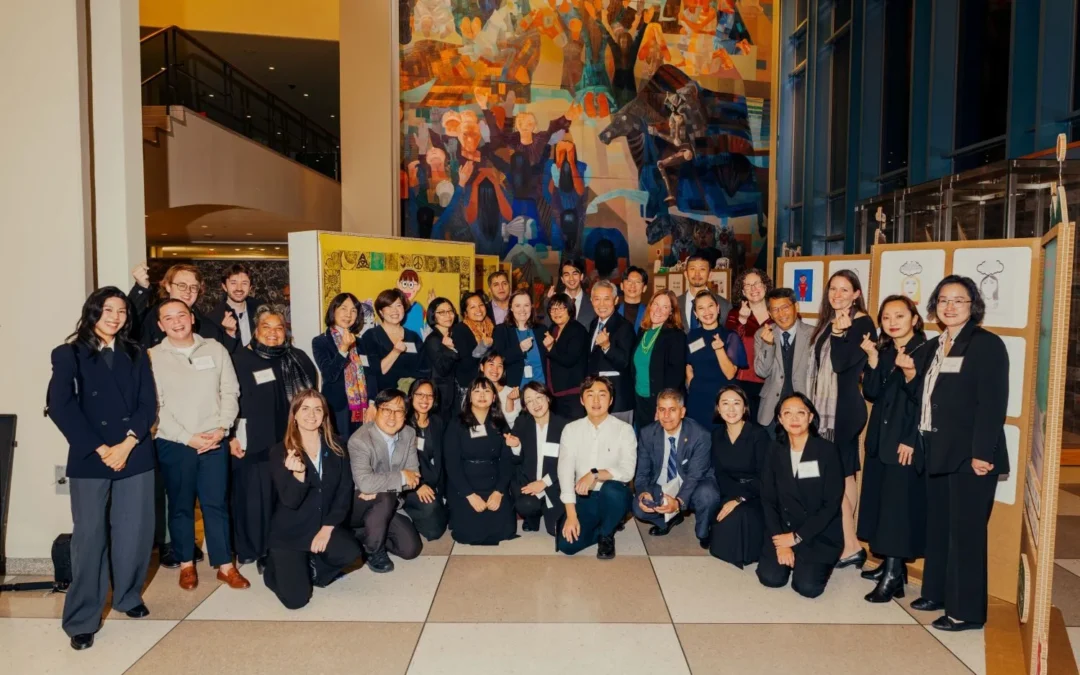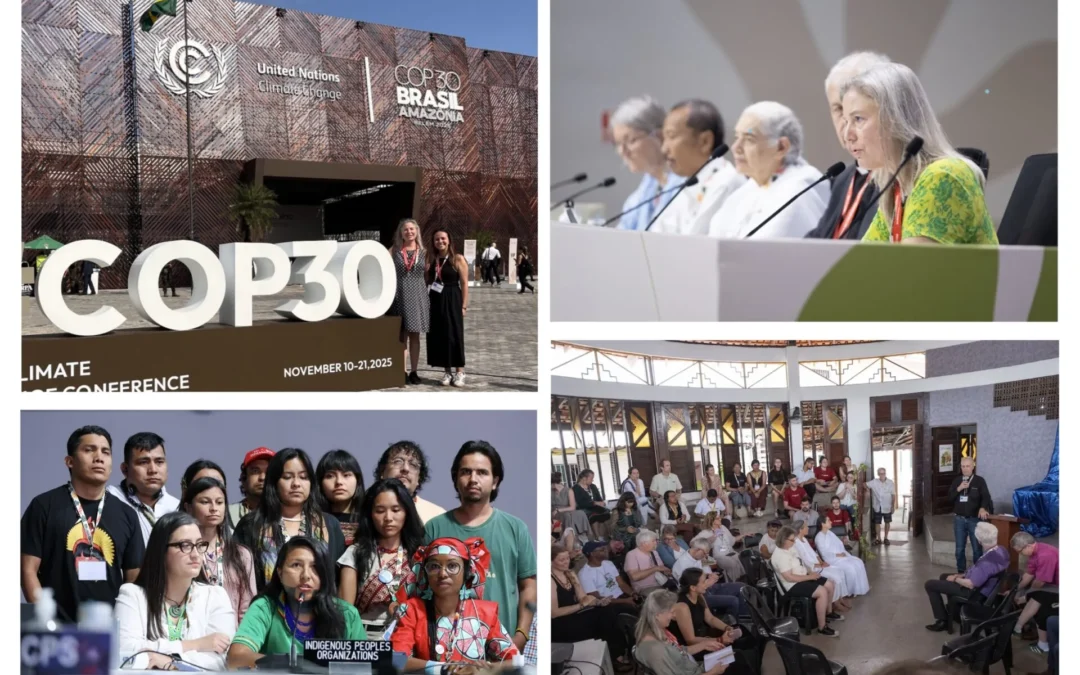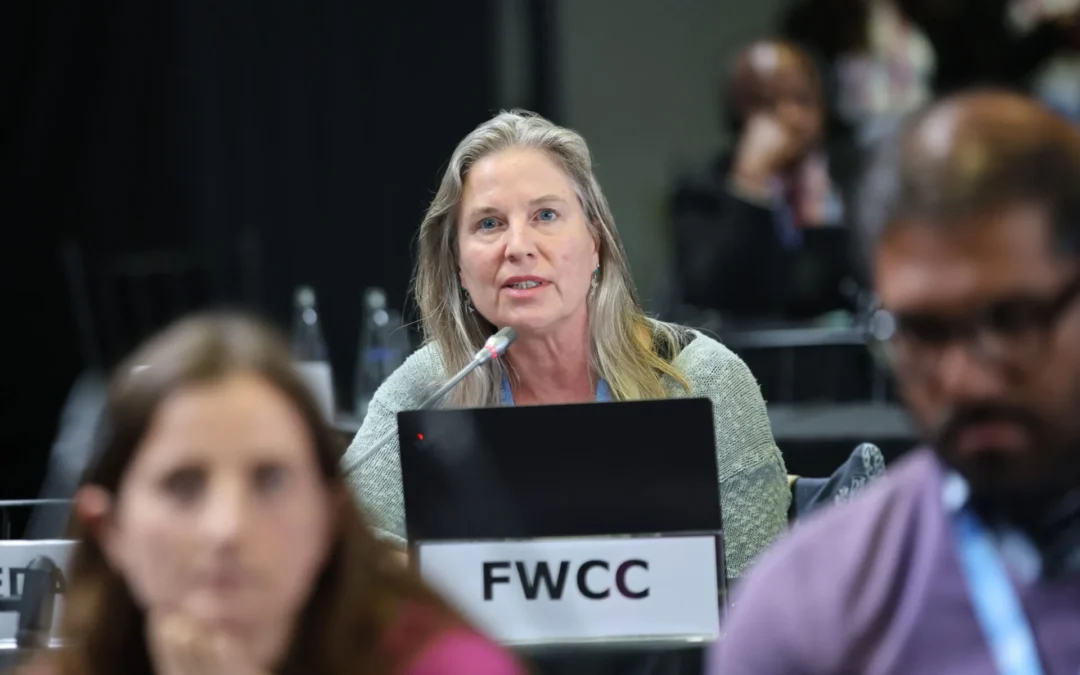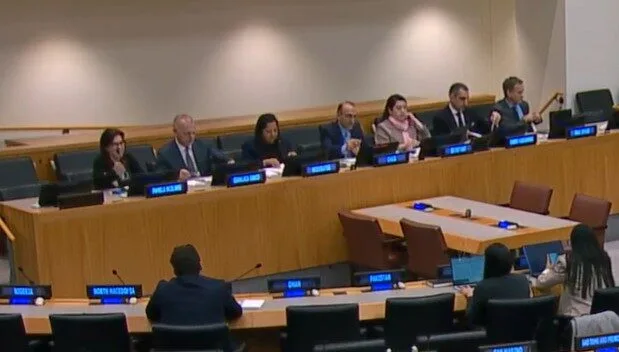For the last two weeks of April, QUNO hosted partners from the Canadian Friends Service Committee (CFSC) in New York for the UN Permanent Forum on Indigenous Issues. Canadian Friends carry the program on Indigenous issues for the Friends World Committee for Consultation (FWCC), and have been engaged internationally for many years, including on the drafting and adoption of the UN Declaration on the Rights of Indigenous Peoples. This year CFSC contributed to three joint statements: Outcome of the World Conference on Indigenous Issues, Implementation of the UN Declaration on the Rights of Indigenous Peoples (read by National Chief Perry Bellegarde), and Eradicating violence against Indigenous women and girls.

Applications are Now Open: Quaker United Nations Summer School 2026
We are excited to announce that the applications for the Quaker United Nations Office Summer School (QUNSS) 2026 are now open! QUNSS is a two-week programme where young changemakers are introduced to the United Nations and the vibrant international community in Geneva to deepen their understanding of multilateralism, strengthen their policy, negotiation, and advocacy skills, and connect with a supportive international youth network rooted in Quaker values to promote peace, justice, and the protection of Earth. This year’s themed edition will explore today’s debates on the value and challenges of multilateralism, supporting participants to accurately understand, critically question, and humanize the United Nations. Over the course of the programme, participants will: We welcome applications from young people aged 20–26 from all regions and backgrounds who are globally minded, locally rooted, and involved in areas such as social justice, community engagement, climate action, advocacy, or policy, among others. The deadline for applications is January 25th, 2026 at 23:59 Central European Time (CET). For the full description of QUNSS 2026, please see the document below. To apply, please access this application form.

